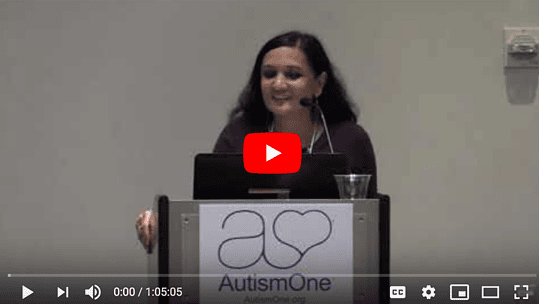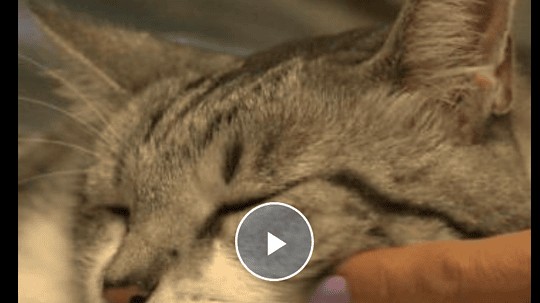
An Integrative Approach to PANS/PANDAS – Dr. Usman
PANDAS/PANS is a growing concern for our patients diagnosed with ASD. Dr. Usman Singh, who has 20 years of experience working with patients with ASD, will discuss the signs and symptoms of...

PANDAS/PANS is a growing concern for our patients diagnosed with ASD. Dr. Usman Singh, who has 20 years of experience working with patients with ASD, will discuss the signs and symptoms of...
“PANDAS is characterized by rapid onset of Obsessive Compulsive Disorder and/or tics following streptococcal infection in a previously healthy child. PANDAS is frequently misdiagnosed and misunderstood, which affects family quality of life (FQOL). A qualitative phenomenological design was used to examine FQOL in six families with a child with PANDAS. Data were collected through an audiotaped semi-structured interview and a phone interview to confirm findings. After rigorous data analysis, five themes emerged: Life Suddenly Turned Upside Down, My Child is Not Crazy, Emotional Distress within the Family, Major Life Alteration, and School Drastically Influences FQOL. Findings suggest that occupational performance and FQOL are severely restricted when a child has PANDAS. Implications for occupational therapy are discussed.”

A teenage boy is once again happy and healthy after an 18-month long battle to discover what was wrong with him. A report published in the Journal of Central Nervous System Disease on Monday detailed...
Rose Jeppesen, Michael Eriksen Benros
Frontiers in Psychiatry
The increasing knowledge on the potential involvement of inflammatory processes in mental disorders and the associations found between autoimmunity and psychotic disorders can help the expanding field of immuno-psychiatry and have impact on the outcome of patients. In the last couple of years, researchers have focused on the role of infections, autoantibodies and other immune components that plays a major role in autoimmune diseases. Potentially this might also be the case for mental disorders.

IT SEEMED so unremarkable at first, something only a mother would notice. Instead of running to the sink like most middle schoolers and washing his hands as fast as he could, 13-year-old Connor...
Elizabeth Heavey; Kathleen Peterson
The Nurse Practitioner-2019
Pediatric acute-onset neuropsychiatric syndrome (PANS) can be caused by infectious and noninfectious triggers. NPs can help children with PANS recover from their symptoms and prevent future recurrences by appropriately screening, recognizing, and diagnosing the clinical presentation of PANS. PANS treatment includes pharmacologic therapies as well as cognitive behavioral therapy.
Johnson, Fernell, Preda, Wallin, Fasth, Gillberg, Gillberg.
Lancet Child Adolesc Health-2019
Excerpt: Of 41 patients (37 referred and four visited upon parents’ request), 23 (ten girls and 13 boys) met PANS diagnostic criteria. Mean age at PANS onset was 8·5 years (SD 3·37). 11 (48%) patients had a family history of developmental or neuropsychiatric disorders in a first-degree relative and 11 (48%) had a family history of autoimmune or inflammatory diseases in a first-degree relative.
Silverman M, Frankovich J, Nguyen E, Leibold C, Yoon J, Mark Freeman G Jr, Karpel H, Thienemann M.
J Psychiatr Res.-2019
Conclusions: Over 1/3 of children with PANS experienced transient hallucinations. They were more impaired than those without psychotic symptoms, but showed no differences in disease progression. This difference may point toward heterogeneity in PANS. When evaluating children with acute psychotic symptoms, clinicians should screen for abrupt-onset of a symptom cluster including OCD and/or food refusal, with neuropsychiatric symptoms (enuresis, handwriting changes, tics, hyperactivity, sleep disorder) before initiating treatment.